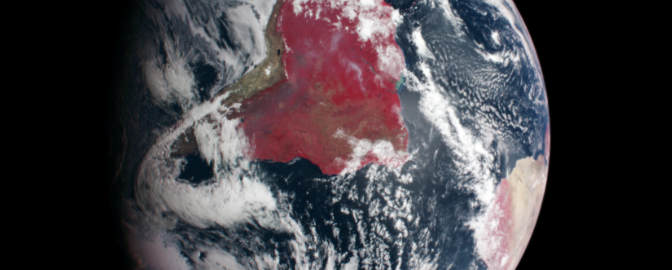Two new names in the solar system: Herse and Weywot

Written by
Emily Lakdawalla
November 12, 2009
Via the USGS I learned that Jupiter has passed a milestone of sorts, and now has fifty named satellites. The fiftieth is Herse, a 2000-meter-diameter rock orbiting 22 million kilometers from Jupiter that was formerly known as S/2003 J17. There remain twelve moons of Jupiter that were discovered in 2003 that don't yet have names; apparently Herse was recovered this year (meaning it was spotted in followup observations), which was the hurdle that needed to be passed before it could be officially named.
The other new name I've recently learned about is Weywot, the new name for the moon of the trans-Neptunian object Quaoar (which, at approximately 1,260 kilometers in diameter is currently the fifth or sixth largest known trans-Neptunian object, according to its Wikipedia entry anyway; it is a little bit bigger than Saturn's moon Dione). Both names are from the Tongva cultural tradition; according to the Minor Planet Center, "Weywot is the god of the sky in Tongva Mythology. Weywot was created by Quaoar when he sang the song of creation. The name was chosen by the Tongva tribe." Who are the Tongva? They are the native American tribe whose ancestral lands are now mostly paved over by the sprawling city of Los Angeles. There's an interesting story about the naming of Weywot here. Weywot, the moon of Quaoar, is probably somewhere in the neighborhood of 100 kilometers in diameter.
While researching that last one I stumbled across another item: it seems that the keeper of the names of things in the solar system has, in a turnabout, now had an object named for her. In the latest batch of Minor Planet Circulars, I find:
(10480) Jennyblue = 1982 JB2
Discovered 1982 May 15 at Palomar.
Jennifer S. Blue (b. 1954), of the U.S. Geological Survey, Flagstaff, Arizona, has been the sine qua non of the IAU Working Group on Planetary System Nomenclature since 1995, serving both as its secretary and as the keeper of the Gazetteer of Planetary Nomenclature.
Congratulations to her!
Breakthrough research starts with YOU!
Your support will empower the next round of STEP grant winners. Make your gift today to fund tomorrow's promising science and technology projects.
Donate

 Explore Worlds
Explore Worlds Find Life
Find Life Defend Earth
Defend Earth

